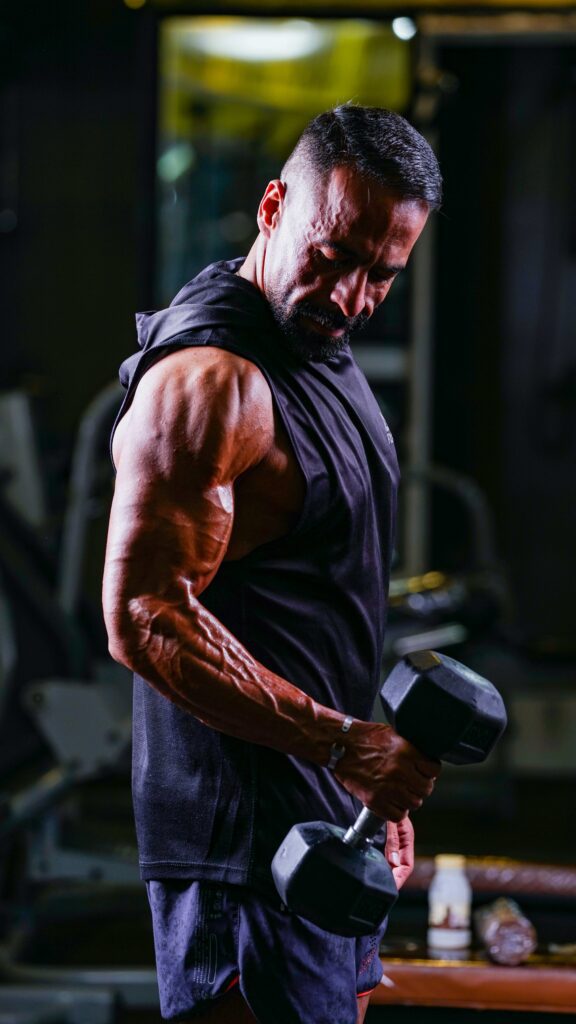For many, July is synonymous with one sport: cycling. As the winter chill sets in here in Australia, we simply reserve our seat on the couch and settling in for weeks of sleepless nights, watching the stunning vistas of Europe pass by as we look to the peloton and the riders navigating cobblestones, potholes and the audacious spectators lining the street. Even if you aren’t a fan of the Tour de France, it’s hard to not be inspired to get on a bike after viewing a stage race. But for those who enjoy nothing more than spending hours on the butt-crusher that is a bike, researchers are now warning that the effects could be damaging to your, uh, nether regions.
Cycling is, by its very nature, something of a dangerous sport. From faulty equipment to heavy traffic and ignorant pedestrians, a lot can go wrong out there on the roads and the consequences can be significant. But if you never gave much thought to the strain cycling places on your private parts, it might be worth considering. Researchers are now warning male cyclists to stand more during long rides to avoid “crushing” their private parts.
In a review of 22 studies on saddle soreness, researchers explored the best possible solutions, including a unique ‘no-nose’ seat that focus on redirecting pressure from male cyclists’ genitals. The study, published in the journal of Sports Medicine from Wroclaw Medical University in Poland, correlated genital numbness with poor riding technique and, in many instances, the wrong type of bicycle.
As Dr Ippokratis Sarris, a consultant in reproductive medicine, explained to Daily Mail, “There is a suggestion that nerve damage from the pressure of cycling can cause loss of sensation and problems with erections. Cycling is linked to infertility, but much more research is needed.”
It’s a suggestion echoed by Kamil Litwinowicz, the review’s lead author at Wroclaw Medical University, who explains that “many men struggle with discomfort when riding a bike and there are concerns this can lead to sexual problems. However, there is also strong evidence that being sedentary is linked to erectile dysfunction, so cycling as a form of activity could reduce that risk. We don’t want men to quit cycling, but instead to look at things like standing on the pedals or using a different saddle.”
In a similar review of six studies on male cyclists, it was found that they had twice the chance of developing erectile dysfunction issues, due to the fact that bicycle seats can put pressure on nerves and slow down blood flow. Other studies however, have found no link between numbness and erectile dysfunction. It seems clear that with 91 per cent of male cyclists regularly experiencing numbness as a result of regular cycling, more evidence is required to establish a link to erectile dysfunction.
















